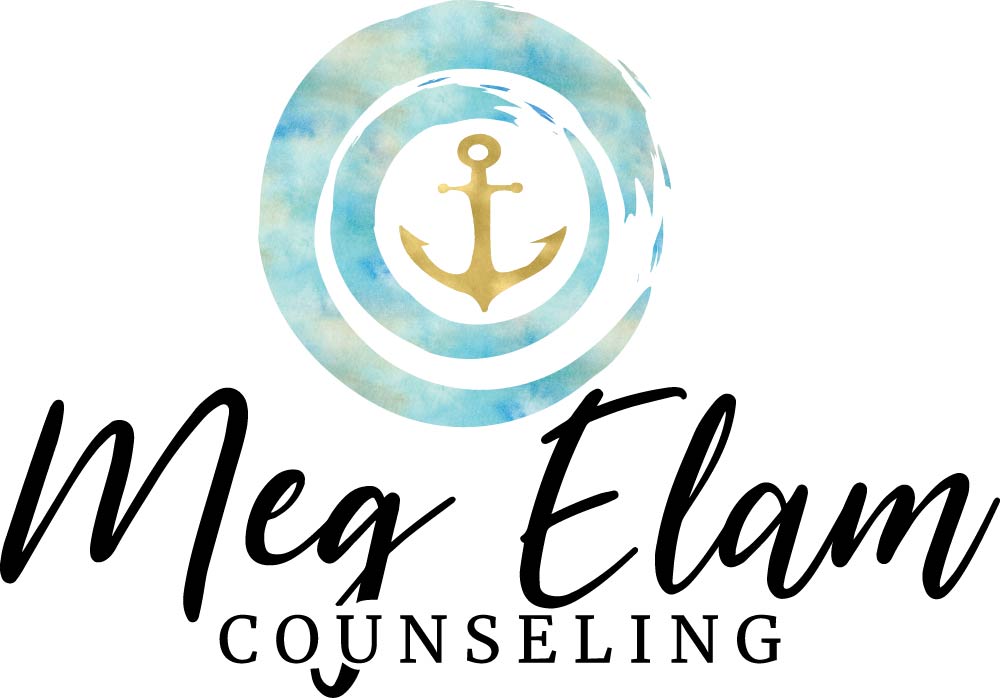WHEN IS ANXIETY A PROBLEM?
Anxiety is quite common and is something that all of us feel at some point in our lives. For example, it is not unusual to feel a bit anxious prior to a big test, performance or presentation at work. This type of anxiety can keep us alert, focused and motivate us to do our very best. At times however, anxiety may become overwhelming and negatively impact work, relationships or your ability to engage in day-to-day functioning. If this is happening, you need some help.
HOW COMMON ARE ANXIETY DISORDERS?
According to the National Institute of Mental Health (NIMH), anxiety disorders affect 40 million adults in the United States age 18 and older and are the most common mental illness. Women are 60% more likely than men to experience an anxiety disorder at some point in their lifetime. Despite the fact that anxiety disorders are highly treatable, only 36.9% of those suffering receive treatment each year.
ANXIETY DISORDERS AND YOUTH
Youth in America are growing up with regular lock down drills in elementary school, mass shootings on the news and a constant barrage of social media posts invoking high levels of anxiety. It is not surprising that both research and clinicians are reporting an extreme jump in anxiety disorders among today’s youth.
Kids struggling with untreated anxiety are at greater risk of struggling academically, missing out on significant social experiences and engaging in substance abuse. Anxiety disorders in children often co-occur with other disorders such as depression, eating disorders, and attention-deficit/hyperactivity disorder (ADHD). According to the National Institute of Mental Health roughly 32% of adolescents (age 13-18) have any anxiety disorder.
ANXIETY CAN IMPACT
Thoughts
constant worry
catastrophic thinking
obsessive thought patterns
Behaviors
nightmares
overworking
aggression
avoidance of anxiety-producing people, places, or things
self-medicating to relieve tension with alcohol or drugs
Emotions
panic
nervousness or jumpiness
worry
fear or dread
depression
irritability
Your physical body
feeling of being "keyed up"
muscular tension or unexplained aches and pains
heart palpitations or dizziness
difficulty sleeping
You don’t need to suffer with anxiety any longer. Help is only a phone call away.



